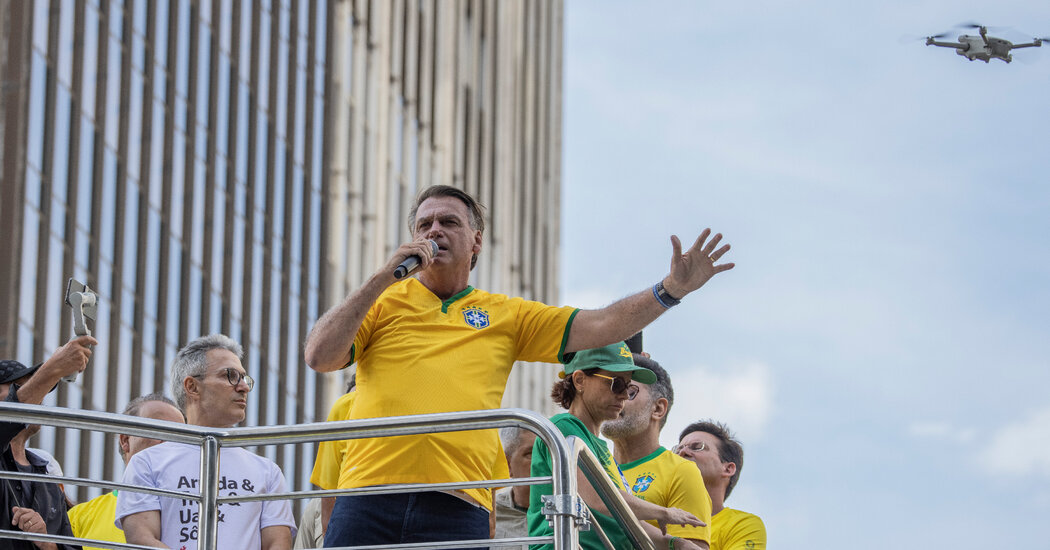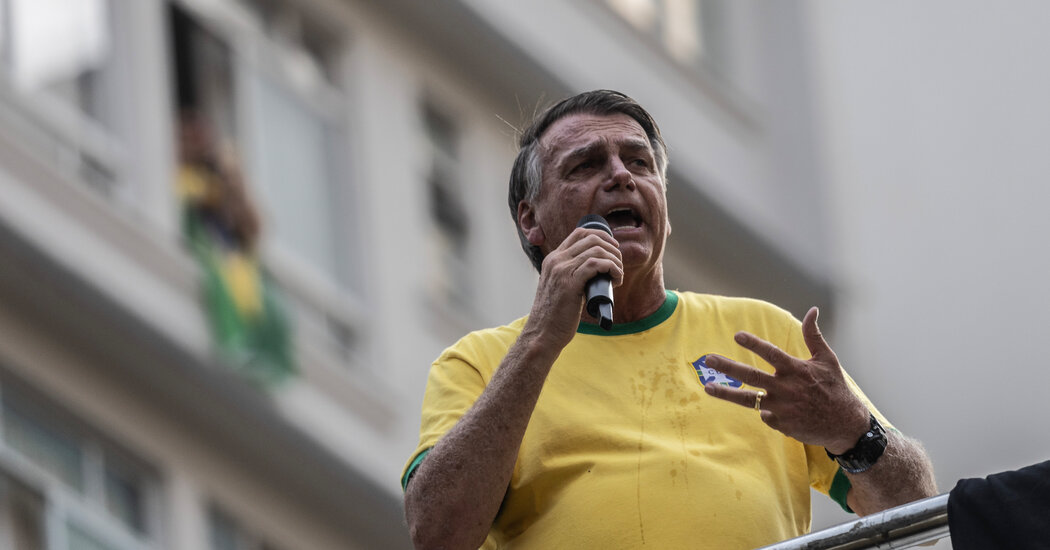In a historic verdict on September 11, 2025, Brazil’s Supreme Court convicted former President Jair Bolsonaro for orchestrating a coup attempt aimed at overturning the 2022 presidential election results. This landmark ruling marks Bolsonaro as the first ex-president in Brazil’s history to be found guilty of crimes against democracy, including leading an armed criminal group and attempting to violently dismantle democratic governance.
Background of the Coup Plot
Following his defeat in the 2022 elections to Luiz Inácio Lula da Silva, Bolsonaro and several high-ranking military and political allies allegedly conspired to remain in power by undermining Brazil’s democratic institutions. Bolivia’s supporters stormed government buildings during protests on January 8, 2023, actions linked to this coup attempt.

Evidence presented at trial revealed plans to dissolve the judiciary, consolidate military control, and assassinate political adversaries, including Lula da Silva and a Supreme Court justice. Bolsonaro denied all charges labeling the trial a politically motivated “witch hunt.”
Key Charges and Verdict
The Supreme Court panel votes (3-1 with one pending) convicted Bolsonaro on five major charges:
-
Attempted coup d’état
-
Leading an armed criminal organization
-
Attempted violent abolition of democratic rule
-
Qualified damage to government property
-
Deterioration of protected heritage property
Justice Cármen Lúcia, casting the pivotal vote, emphasized the intent to dismantle democracy and instigate an “insurgency” during the January 8 violence.
Timeline of Key Events in the Coup Plot Trial
| Date | Event |
|---|---|
| Nov 21, 2024 | Federal Police formally accuse Bolsonaro and allies |
| Dec 14, 2024 | Arrest of former Chief of Staff and Bolsonaro ally |
| Feb 18, 2025 | Formal indictment of Bolsonaro and 34 others |
| Mar 26, 2025 | Supreme Court accepts charges, Bolsonaro becomes defendant |
| Sept 2, 2025 | Trial begins in Supreme Court |
| Sept 11, 2025 | Bolsonaro convicted by majority of judges |
| Pending | Sentencing and possible appeals |
Political and International Impact
Bolsonaro’s conviction is a significant blow to Brazil’s far-right populist movement. The ruling exposed the tangible threats to democracy posed by attempts to subvert electoral outcomes through violence and conspiracy. Bolsonaro’s conviction has polarized Brazil, with supporters decrying political persecution and opponents hailing the decision as crucial for democracy.
Internationally, Bolsonaro’s ally, former U.S. President Donald Trump, condemned the verdict as a “witch hunt,” responding with sanctions and visa restrictions against Brazil’s judiciary. The verdict also resonates with recent legal setbacks for far-right leaders globally, including France’s Marine Le Pen and the Philippines’ Rodrigo Duterte.
Legal Repercussions and Future Outlook
If sentenced, Bolsonaro faces over 40 years in prison, although his age and health may influence the terms, possibly including house arrest. His legal team intends to appeal, potentially prolonging legal struggles through the coming presidential elections.
This case sets an important precedent for democratic accountability in Latin America, sending a strong message that efforts to dismantle democratic governance, especially by former heads of state, will meet rigorous legal consequences.
Summary
Jair Bolsonaro’s conviction for orchestrating a coup is a historical moment underscoring Brazil’s constitutional resilience. The trial revealed extensive evidence of a premeditated plot to overturn election results through undemocratic and violent means. The ruling represents a critical affirmation that no political figure is above the law in safeguarding democratic institutions.

